Many actors, working together internationally, are needed to bring about sustainable management of the oceans that is informed by sound science, underpinned by a comprehensive global ocean measurement system.
These include:
- National governments working individually and through intergovernmental structures and bodies – who are agents for political action and international consensus and support the governance framework for international cooperation.
- Non-governmental organisations aimed at coordinating science, influencing policy and/or raising public awareness at regional and global scales.
- The wider scientific community, working nationally and internationally – who undertake research, share and synthesise ideas and findings and identify key scientific challenges and develop internationally agreed research agendas.
- Funders of research and monitoring programmes whether they be governments, businesses or not for profit foundations – who provide the resources needed.
- Individual citizens working individually and collectively whose support and desire for a better life and world provides continuing motivation and inspiration for all involved.
Within this landscape, we as members of POGO individually have distinctive roles and collectively have a unique role.
Our aim is to focus on actions based on our unique individual and collective capabilities as described. It is not our aim to duplicate or replicate work that can or should be done by other organisations with other relevant competencies.
We have particularly close and complementary relationships with two bodies providing overarching frameworks for global observations, namely UNESCO’s Intergovernmental Oceanographic Commission governed Global Ocean Observing System (IOC-GOOS) and the Group on Earth Observations’ Global Earth Observation System of Systems (GEO-GEOSS). We also work closely with a number of non-governmental, international organisations (such as the Scientific Committee on Oceanic Research, SCOR) and receive valuable support from foundations (such as the Nippon, Sloan and Lounsbery Foundations).
Partner Organisations
GEO (Group on Earth Observations) |
GEO is a partnership of more than 100 national governments and in excess of 100 Participating Organizations that envisions a future where decisions and actions for the benefit of humankind are informed by coordinated, comprehensive and sustained Earth observations. GEO is a unique global network connecting government institutions, academic and research institutions, data providers, businesses, engineers, scientists and experts to create innovative solutions to global challenges at a time of exponential data growth, human development and climate change that transcend national and disciplinary boundaries. The unprecedented global collaboration of experts helps identify gaps and reduce duplication in the areas of sustainable development and sound environmental management. POGO attended the very first meeting of GEO in Washington DC in 2003, during which it was recognised as a contributing organisation with a unique role to play, particularly with regard to representing in situ ocean observing. Since then POGO has been a Participating Organisation in GEO and instrumental in advocating for the inclusion of the ocean realm within GEO, which led to the creation of GEO Blue Planet. |
 |
 |
GEO Blue Planet |
The creation of the “Oceans and Society: Blue Planet” Task was an initiative of the Partnership for Observation of the Global Ocean (POGO) in 2011, to bring together all the existing ocean observation programmes within GEO, to add new ones to the GEO portfolio, and to create synergies between them. This has evolved into the “GEO Blue Planet Initiative”, which has a demonstrated capacity to bridge the gap between data and services to deliver usable information that supports end-users for informed decision-making toward reaching sustainable development of the world’s marine resources. POGO continues to work with and support GEO Blue Planet, particularly through the joint Oceanscape project and through the participation of the POGO CEO in the GEO Blue Planet Steering Committee (as Co-Chair from 2017-2020). |
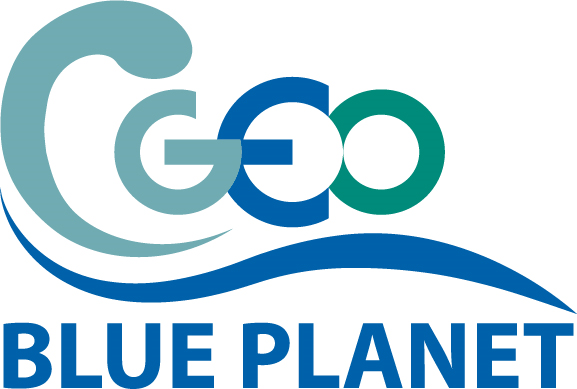 |
 |
GOOS |
The Global Ocean Observing System (GOOS) is a sustained collaborative system of ocean observations, encompassing in situ networks, satellite systems, governments, UN agencies and individual scientists. It is organised around a series of components undertaking requirements assessment, observing implementation, innovation through projects, and a core team. POGO works with and supports IOC/GOOS in advancing global ocean observing through the collective endeavours of its member institutions, which represent most of the world’s ocean observing capacity. POGO’s work is made complementary to that of GOOS by focusing more specifically on innovation, capacity development and outreach/advocacy for ocean observations. |
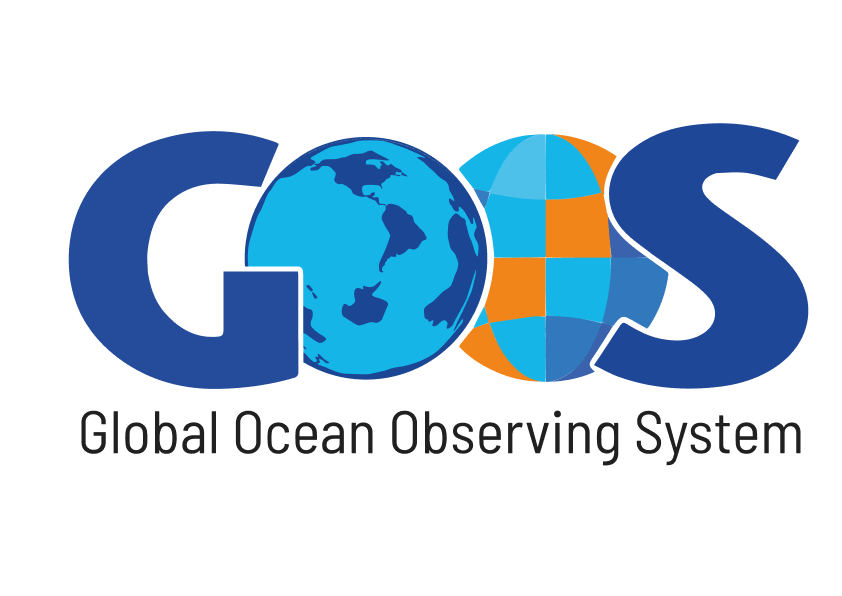 |
 |
Intergovernmental Oceanographic Commission (IOC) |
UNESCO’s Intergovernmental Oceanographic Commission (IOC) promotes international cooperation and coordinates programmes in marine research, services, observation systems, hazard mitigation, and capacity development in order to understand and effectively manage the resources of the ocean and coastal areas. By applying this knowledge, the Commission aims to improve the governance, management, institutional capacity, and decision-making processes of its Member States with respect to marine resources and climate variability and to foster sustainable development of the marine environment, in particular in developing countries. POGO participates as an Observer at IOC Assemblies, and has collaborated with IOC on a number of programmes, including capacity development and the UN Decade of Ocean Science for Sustainable Development. POGO works particularly closely with the International Ocean Data and Information Exchange (IODE) programme of IOC, for example on the ocean data management module at the NF-POGO Centre of Excellence. |
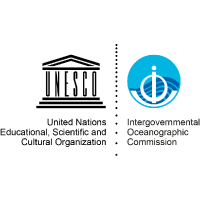 |
 |
SCOR (Scientific Committee on Oceanic Research) |
The International Council for Science (ICSU) formed the Special Committee on Oceanic Research (SCOR) in 1957 to help address interdisciplinary science questions related to the ocean. SCOR was the first interdisciplinary body formed by ICSU. SCOR’s name was later changed to “Scientific Committee on Oceanic Research” to reflect its more permanent status. SCOR activities focus on promoting international cooperation in planning and conducting oceanographic research, and solving methodological and conceptual problems that hinder research. SCOR covers all areas of ocean science and cooperates with other organizations with common interests to conduct many SCOR activities. SCOR also conducts several different activities to build the capacity for ocean science in developing countries and every SCOR activity includes members from developing countries. POGO has always enjoyed good working relations with SCOR and collaborated on many joint programmes, including the POGO-SCOR Visiting Fellowship programme and general assessment of capacity development needs and priorities, as well as the evaluation of joint and respective training programmes. POGO co-sponsors the International Quiet Ocean Experiment, together with SCOR, and supports a number of other SCOR programmes, such as the Southern Ocean Observing System (SOOS) and the Surface Ocean Lower Atmosphere Study (SOLAS) –see below. |
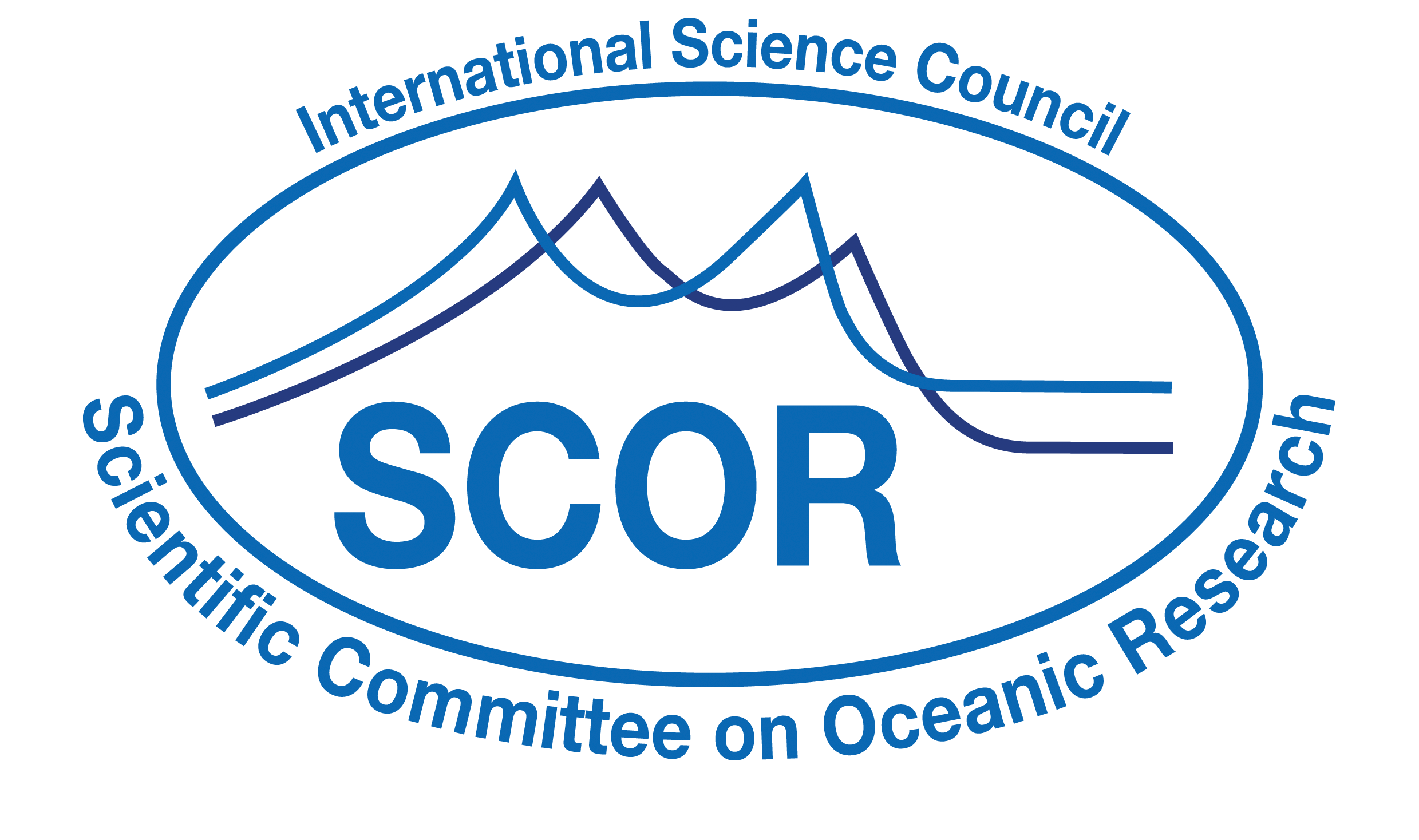 |
 |
Sponsors/Foundations
Minderoo Foundation |
The Minderoo Foundation is an Australian philanthropy, working to forge a fair future by challenging inequalities and campaigning for meaningful change. One of its focus areas is Natural Ecosystems. Minderoo is committed to catalysing genomics and eDNA technology to better understand, monitor and protect marine ecosystems. Minderoo’s OceanOmics project has been endorsed by the UN Ocean Decade under OBON, and Minderoo has sponsored the OBON-FAO workshop on “Leveraging Biomolecular Technologies for Supporting Sustainable Fisheries and Aquaculture” (Sept 2025). |
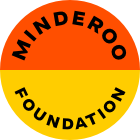 |
|
OceanQuest |
OceanQuest is a new foundation established by the Kingdom of Saudi Arabia to advance deep ocean exploration to the world. The vision is to explore the ocean’s secrets for the benefit of humanity. The mission is to accelerate ocean discovery, drive ocean-tech innovation, contribute to the blue innovation economy, strengthen global scientific cooperation, and excite the public. OceanQuest funded the shipboard training (and other legs of the) 2025 Around Africa Expedition, working with POGO and OceanX on the design of the training programmes, selection of candidates, and pre- and post-cruise activities. |
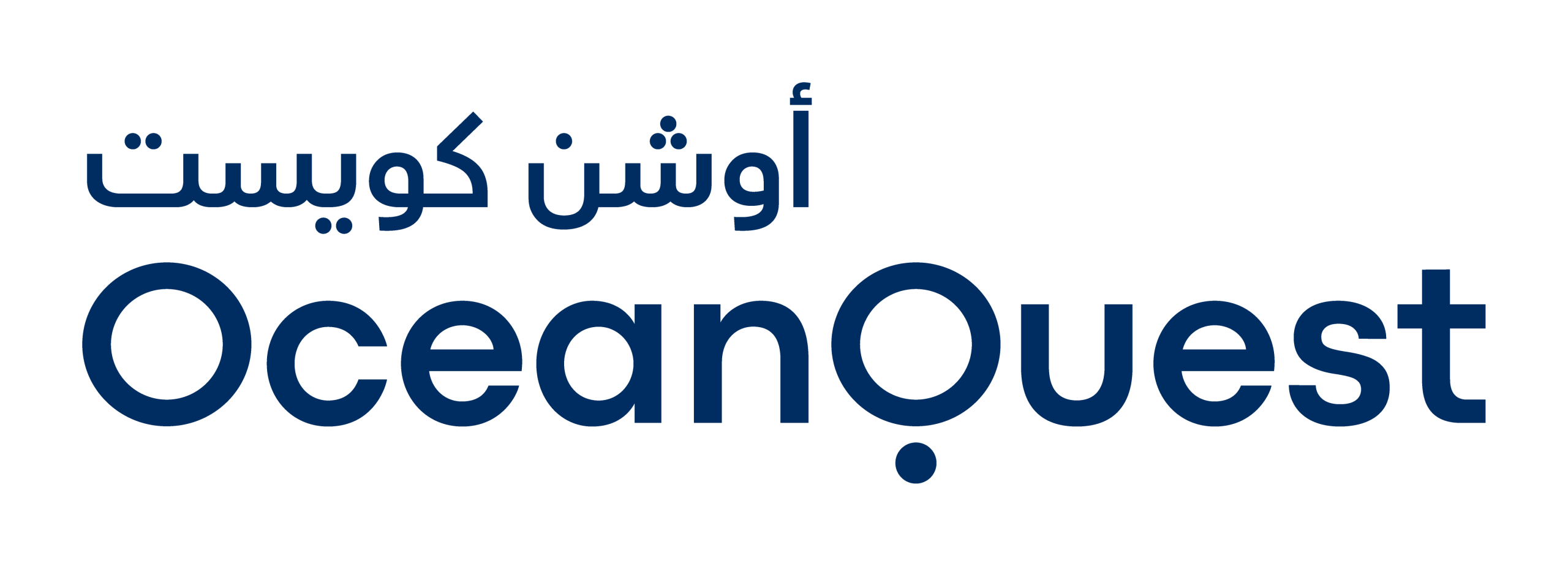 |
|
OceanX |
OceanX is a non-profit organization supporting and conducting research and exploration of the Earth’s oceans, fostering and promoting public awareness, scientific discovery, and education relating to the oceans. OceanX has partnered with POGO on several initiatives, including as a sponsor for the 1st Marine ‘Omics Technology and Instrumentation workshop (2023), and for the OBON-FAO workshop on “Leveraging Biomolecular Technologies for Supporting Sustainable Fisheries and Aquaculture” (Sept 2025), POGO, OceanX and OceanQuest also collaborated on the delivery of shipboard training to 28 early-career scientists on-board the OceanX vessel OceanXplorer, during the 2025 Around Africa Expedition. |
 |
|
The Alfred P Sloan Foundation |
The Sloan Foundation is a US not-for-profit grant-making institution that supports high quality, impartial scientific research; fosters a robust, diverse scientific workforce; strengthens public understanding and engagement with science; and promotes the health of the institutions of scientific endeavor. Seed funding from the Sloan Foundation was instrumental in getting POGO started, by supporting the first two POGO meetings as well as by funding various workshops, the International Cruise Information Database and a video produced for the GEO Ministerial in 2007. |
 |
|
The Nippon Foundation |
The Nippon Foundation (NF) has been the main sponsor of POGO Capacity Building programmes since 2004. With the NF-POGO Centre of Excellence, the Ocean Training Partnership (OTP) and the NF-POGO Alumni Network for Oceans (NANO), NF and POGO are investing in young researchers from all over the world by providing a forum for training, networking and exchange. |
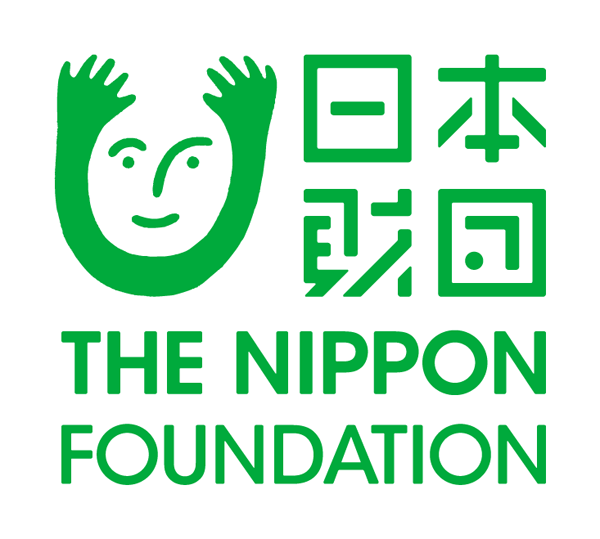 |
|
The Richard Lounsbery Foundation |
The Lounsbery Foundation was founded in 1959, with a goal to enhance US national strengths in science and technology and foster strong French-American cooperation. To this day, the Foundation has stayed true to its roots while expanding to promote science among youth and to support components of US policy issues pertaining to science. The Foundation attained a place in donor history in 2004 by becoming the first philanthropic supporter of Wikipedia. It was also instrumental in providing initial support which enabled POGO to begin life without taxing its members. More recently, a 50K USD grant supported POGO’s efforts in biological observations, leading to the establishment of the Ocean Biomolecular Observing Network (OBON), a UN Ocean Decade-endorsed programme. Further grants have provided support for the OBON annual meetings. Lounsbery also provided funding for the COLLECT (Citizen Observation of Local Litter in Coastal ECosysTems) citizen science project. |
 |
Programmes & Projects supported by POGO
Antares |
POGO helped to fund the meeting at which the Latin-American network of bio-optical oceanographers called Antares was born and led subsequently to the formation of a global-scale analogue, ChloroGIN (see below). POGO continues to collaborate with and provide support to Antares, particularly through its capacity building programmes and the NF-POGO Alumni Network for Oceans. |
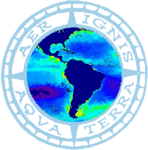 |
 |
Argo |
Around the time POGO was being started, the Argo programme was also beginning. One of the first crusades of POGO was to throw the collective weight of its members behind the world expansion of Argo. A collaboration among 50 research and operational agencies from 26 countries, Argo now has charge of more than 3,500 floats around the world’s oceans. Because the members of POGO are directors with the power to commit resources and influence decision makers, a resolution to accord full support to Argo had immediate effect, and the distribution of floats around the world ocean improved rapidly. Argo is now part of the Global Ocean Observing System (GOOS). |
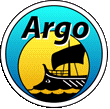 |
|
Atlantic Meridional Transect (AMT) |
AMT is a multidisciplinary scientific programme, hosted by Plymouth Marine Laboratory in collaboration with the National Oceanographic Centre. AMT undertakes biological, chemical and physical oceanographic research during an annual voyage between the UK and the South Atlantic and provides the longest time series of oceanographic observations on an ocean-basin scale. The programme was established in 1995 and has included 21 research cruises involving over 200 scientists from 15 countries. An annual POGO-AMT fellowship is offered to candidates from developing nations to facilitate capacity building through the transfer of first-hand experience and knowledge to the benefit of the global scientific community. |
 |
|
ChloroGIN |
ChloroGIN was created in 2006 during a workshop sponsored by POGO, GOOS, GEO, IOCCG and PML, and was inspired by the Latin American Network Antares. It aims to promote in situ chlorophyll measurements in combination with satellite-derived estimates. ChloroGIN is funded by the Canadian Space Agency, and was included as a Task within the first GEO Work Plan. It later became a component of the new GEO Task SB01 “Oceans and Society: Blue Planet” (now known as the GEO Blue Planet Initiative). |
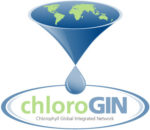 |
 |
GACS |
The Global Alliance of Continuous Plankton Recorder Surveys was initiated by the Sir Alister Hardy Foundation for Ocean Science (SAHFOS) during a workshop held in Plymouth in September 2011. POGO was invited to attend to provide advice on setting up a new international programme, and to sign as a witness the Memorandum of Understanding. Members of the Alliance currently include Australia, Brazil, Canada, China, Japan, New Zealand, South Africa, UK and USA. |
 |
 |
International Quiet Ocean Experiment (IQOE) |
Together with SCOR, and with seed funding from the Sloan Foundation, POGO is supporting the development of the International Quiet Ocean Experiment. The IQOE is a programme set to last a decade, aimed at mesuring sound in the ocean and the effects of anthopogenic sound on marine life. The programme will make use of existing ocean observing systems and establish new ones to measure the global ocean soundscape. |
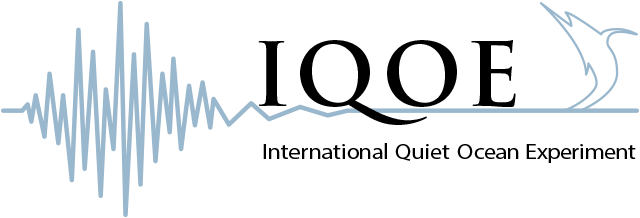 |
 |
NF-POGO Alumni Network for the Ocean (NANO) |
NANO (NF-POGO Alumni Network for the Ocean) is a global network of current and former scholars of NF and POGO programmes on capacity development. The goals of the network are to maximize the benefits to the alumni from the training they have received; to facilitate active contacts among the alumni and with the training faculty; and to promote joint research activities that were built on the training. |
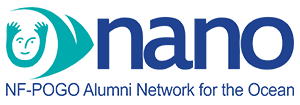 |
|
Ocean Biomolecular Observing Network (OBON) |
The Ocean Biomolecular Observing Network is an endorsed #UNOceanDecade programme that will monitor, research & understand ocean life by analyzing biomolecules. POGO is the lead partner and a founder of OBON. |
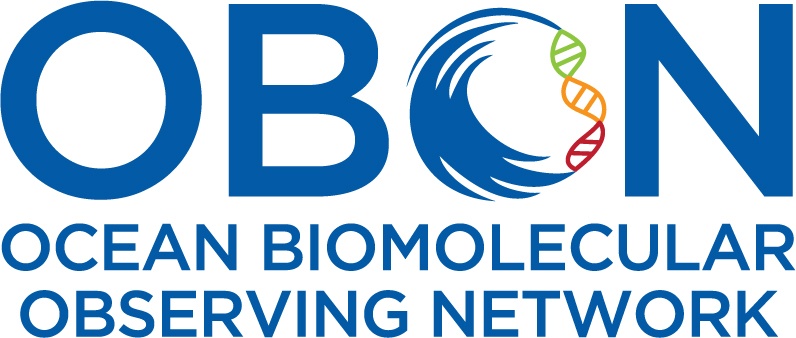 |
 |
Ocean Observatories Initiative (OOI) |
The Ocean Observatories Initiative (OOI) is a science-driven ocean observing network that delivers real-time data from more than 900 instruments to address critical science questions regarding the world’s oceans. Funded by the U.S. National Science Foundation to encourage scientific investigation, OOI data are freely available online to anyone with an Internet connection. POGO works with OOI to support shipboard training on-board OOI array maintenance expeditions, and OOI is regularly represented at POGO Annual Meetings to share updates and discuss ocean observing challenges and priorities. |
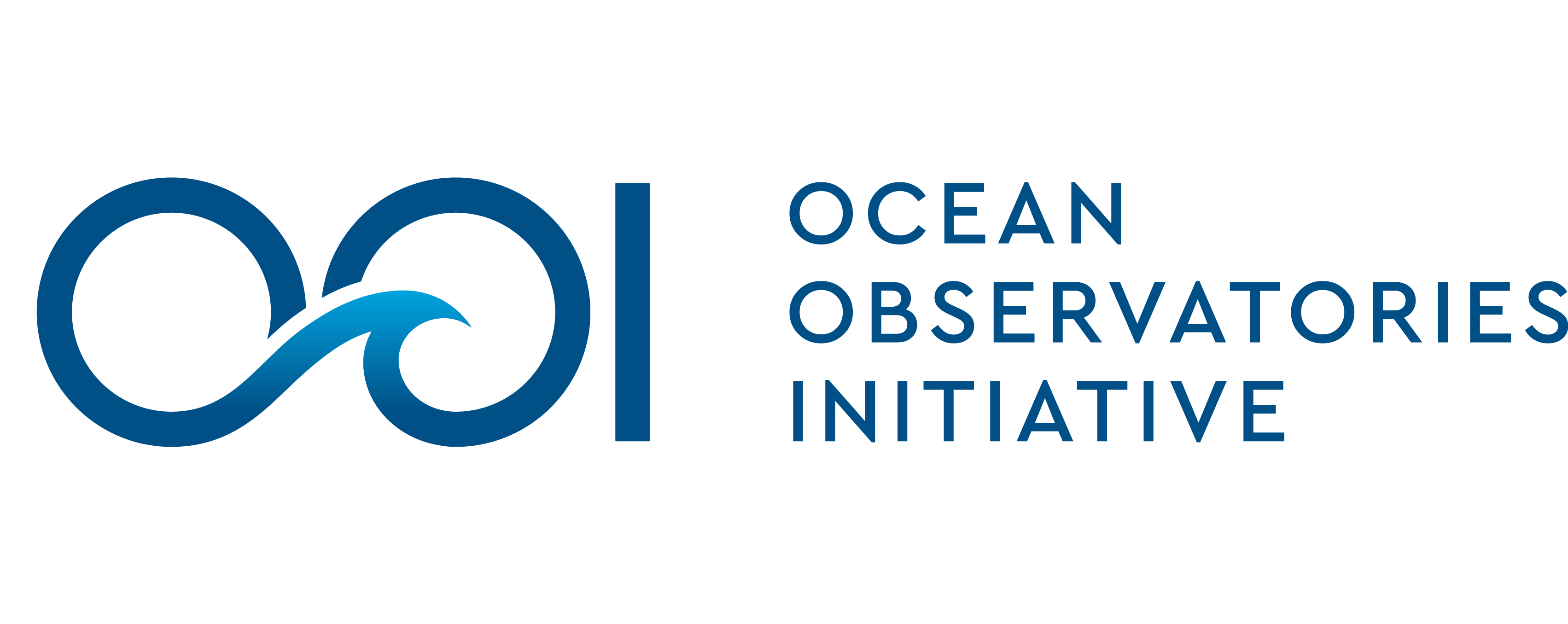 |
|
OceanSITES |
POGO member institutions have been driving the establishment of OceanSITES, a network of deep-ocean, multi-disciplinary time-series reference sites, measuring many variables and monitoring the full depth of the ocean from the surface down to 5,000 metres. This network comprises about 30 surface and 30 sub-surface arrays. At its 2011 meeting in Seoul, POGO’s directors decided to give immediate priority to increasing support for OceanSITES. They also agreed to encourage all OceanSITES parties to maintain a minimum set of common measurements. OceanSITES moorings are integral to the Global Ocean Observing System, as they complement satellite imagery and Argo float data by adding time and depth, and by expanding what is observed. |
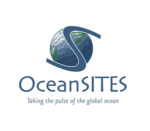 |
 |
SMART Subsea Cables |
SMART Subsea Cables for Observing the Global Ocean: This Joint Task Force sponsored by 3 UN agencies (IOC, ITU, WMO) aims to integrate sensors into the repeaters of future trans-oceanic telecommunications cable systems. Sensors would “piggyback” on the existing power and communications infrastructure, with the potential for global coverage at modest incremental cost. Initial sensors would be temperature, pressure, and acceleration. |
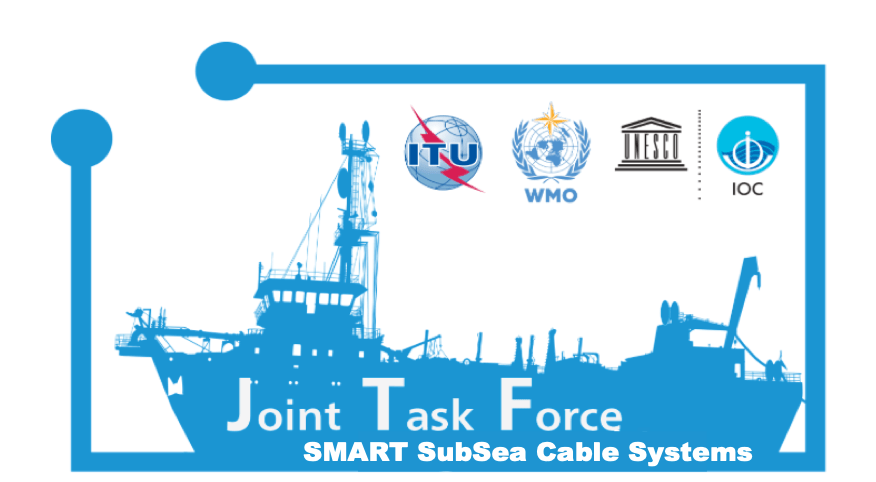 |
|
SOLAS (Surface Ocean – Lower Atmosphere Study) |
“Linking Ocean-Atmosphere Interactions with Climate and People”. The global and multidisciplinary research project Surface Ocean – Lower Atmosphere Study (SOLAS) was established to provide international science coordination and capacity building. Initiated with a first Open Science Conference in 2000 and formally launched in 2004, SOLAS research aims to understand the key biogeochemical-physical interactions and feedbacks between the ocean and atmosphere. Achievement of this goal is important to understand and quantify the role that ocean-atmosphere interactions play in the regulation of climate and global change. POGO is providing funding towards the 2021 SOLAS summer School. |
 |
 |
SOOS |
POGO is a sponsor of the Southern Ocean Observing System, which published its Science Plan and established a Project Office at the Institute of Marine and Antarctic Studies, University of Tasmania, in 2011. The SOOS Data Network is the primary access point for search, discovery, mapping and download of data that has been determined to be of significance to the SOOS. In addition, the Southern Ocean Knowledge and Information wiki (SOKI) aims to provide a source of standardised and validated (peer-reviewed) reference material on Southern Ocean ecosystems and on the research tools used in the region. POGO provided support for the Southern Ocean Observing System (SOOS) Symposium “Southern Ocean in a changing world”, held in Hobart, Australia from the 14 to the 18 of August 2023. The funding from POGO was used to cover travel and subsistence for early-career scientists from developing countries to attend the Symposium. |
 |
 |
West Africa Marine Science Symposium (WAMSS) |
The West Africa Marine Science Symposium (WAMSS) took place in Ghana from 18 – 20 August 2023, with 163 participants from 18 countries – both within the region and overseas. It was an Ocean Decade endorsed activity that brought together marine and coastal experts, storytellers, youth, government bodies, Non-governmental organisations, funders, and National Geographic Society Explorers from and working in West Africa in order to: Foster critical knowledge exchange and cross-pollinate perspectives on the challenges and opportunities in the region, sharing successes and lessons learned with practitioners across sectors as well as the broader public. Engage early-career professionals and youth to inspire and equip the next generation of marine and coastal scientists, managers, and conservationists with key knowledge and skills. WAMSS highlighted career paths and funding opportunities, offered grant writing workshops, and forged critical connections, identifying successful marine research and conservation models. The symposium was chaired by POGO Trustee Dr. Edem Mahu, organised by University of Ghana and supported by National Geographic Society, POGO, NEWF and COESSING. |
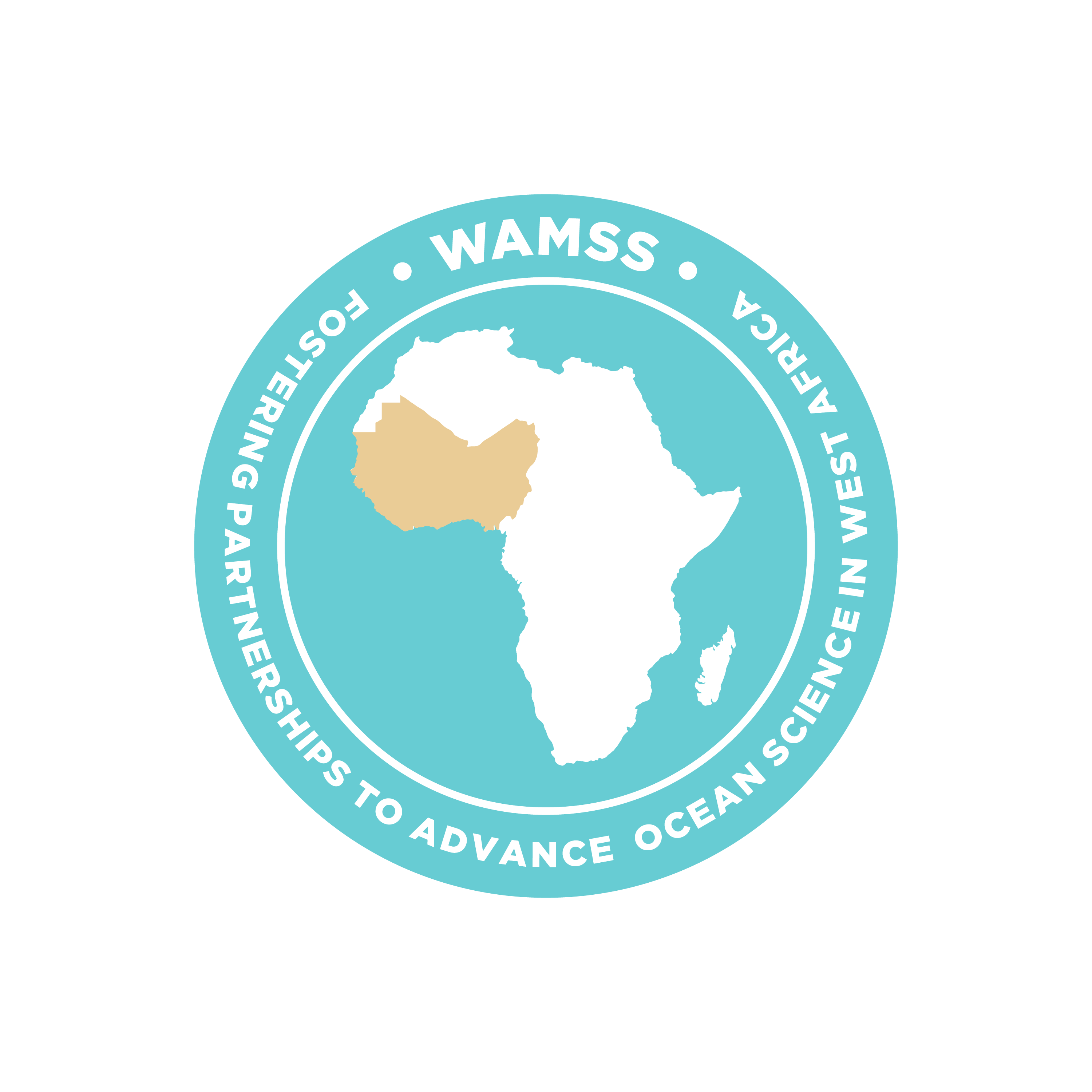 |
|
World Association of Marine Stations (WAMS) |
POGO was one of the founding partners of WAMS, when it was first conceived in 2010, during a meeting held at IOC-UNESCO headquarters in Paris. POGO sponsored the first World Congress of Marine Stations, held online due to the Covid pandemic, in Nov 2021. The POGO CEO, gave a presentation on POGO and also attended the inaugural meeting of the WAMS Steering Committee, which she continues to serve on, representing POGO. |
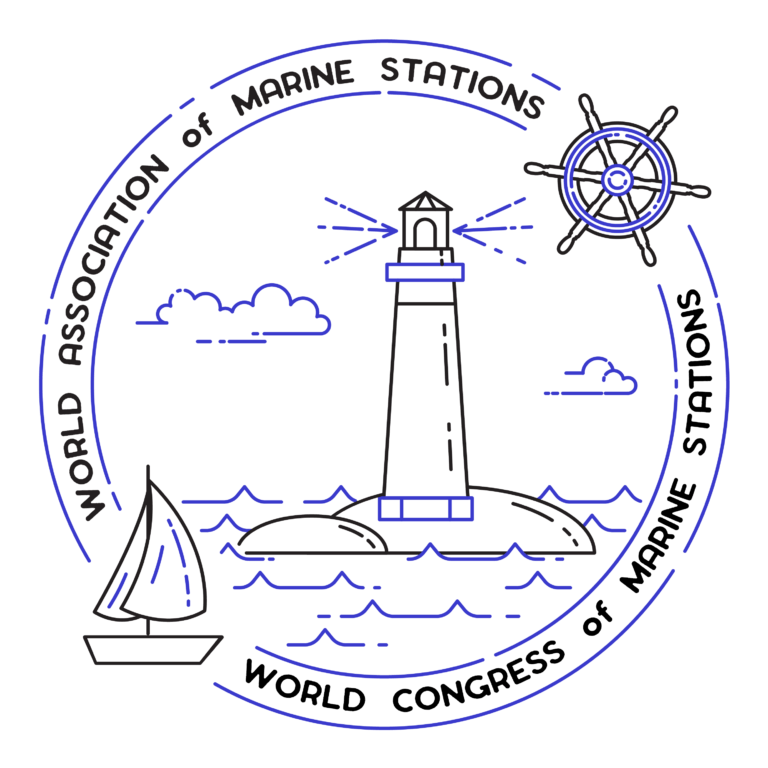 |
Other Partner Programmes
@SeaNetwork |
The All-Atlantic Floating University Network (@SeaNetwork) aims to facilitate, optimize and maximize training at sea opportunities within the Atlantic region. POGO has collaborated with @SeaNetwork since its start, supporting its establishment, offering fellowships for shipboard training opportunities announced in the programme and serving in the Advisory Committee. |
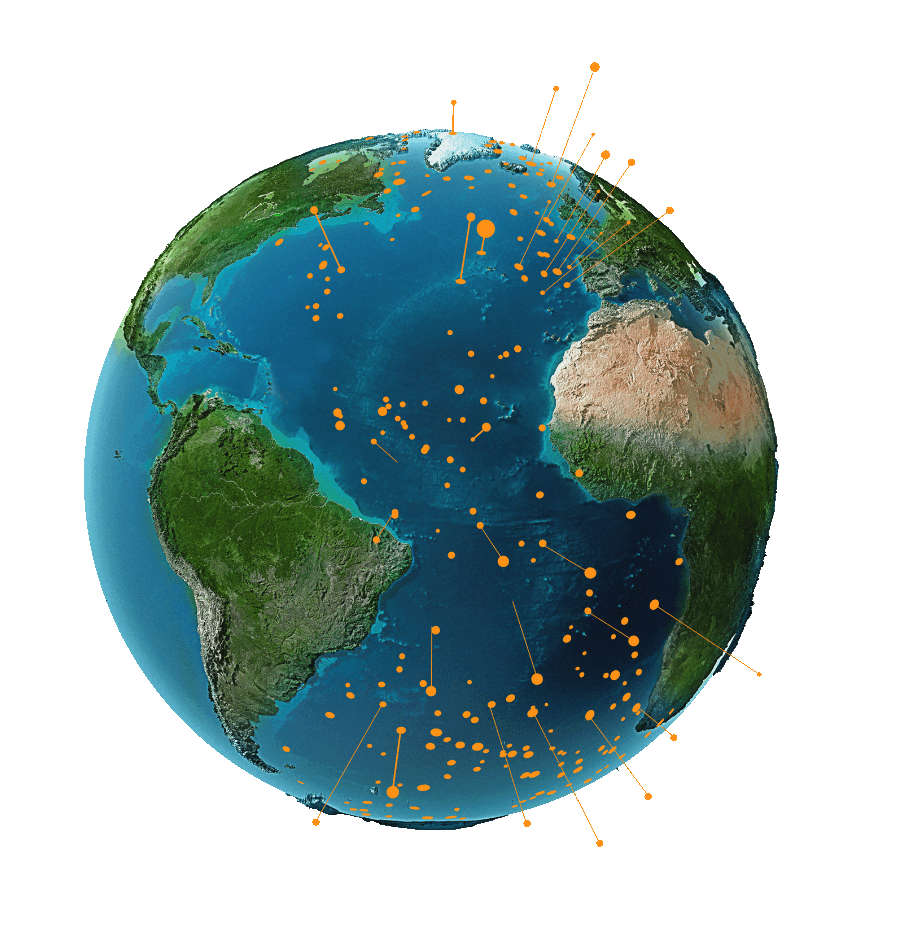 |
|
Challenger 150 |
The Challenger 150 programme is a global scientific cooperative developed to respond to the needs of the UN Ocean Decade. It is a vehicle for coordination of deep-sea research globally towards a set of common objectives. POGO shares and supports in particular Challenger 150’s objectives (1) to build capacity for deep-sea research globally, and (2) to expand deep-sea biological observations. |
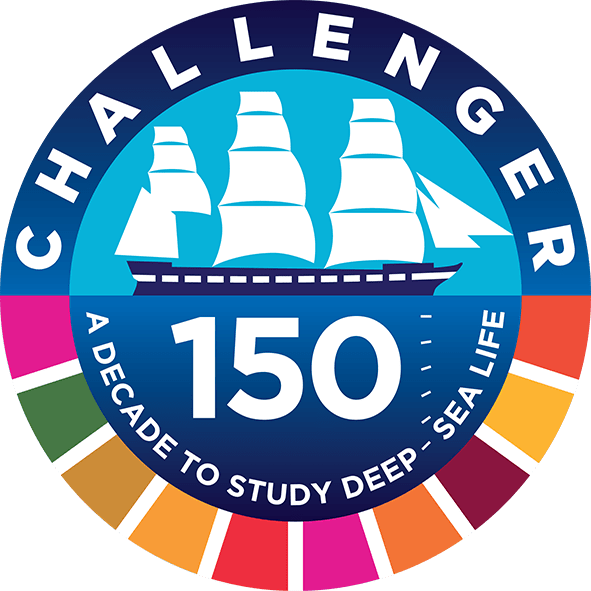 |
|
Climate and Ocean Variability, Predictability and Change (CLIVAR) |
CLIVAR and POGO are often represented at one another’s annual meetings (e.g. POGO Annual Meeting in Feb 2025 and CLIVAR Meeting in Sept 2025). POGO was also represented at a CLIVAR workshop in August 2022 “From Global to Coastal: Cultivating New Solutions and Partnerships for an Enhanced Ocean Observing System in a Decade of Accelerating Change” in Trieste, Italy). POGO co-sponsored a regional training workshop organised by CLIVAR on “Observing the coastal and marginal seas in the western Indian Ocean including the Arabian/Persian Gulf and the Sea of Oman” in June 2022. |
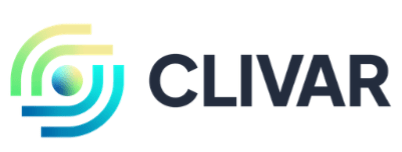 |
|
Deep Ocean Observing Strategy (DOOS) |
DOOS is a community-driven, international initiative strategically aligning the deep ocean observing community toward collective solution-based science. POGO and DOOS are often represented at each other’s annual meetings, to discuss priorities and needs for deep ocean observing. |
 |
|
Deep Ocean Stewardship Initiative (DOSI) |
The Deep-Ocean Stewardship Initiative (DOSI) is a network of experts from over 115 countries who practice deep-ocean science, governance and other activities, although predominantly deep-sea ecology. POGO partners with DOSI on joint side-events, particularly at the UNFCCC Climate COPs. |
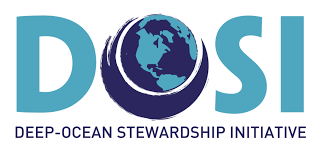 |
|
Digital Twins of the Ocean (DITTO) |
DITTO supports the development of digital twins of the ocean as a realistic digital representations of assets, processes or systems in the built or natural environment. This will be accomplished by establishing and advancing a digital framework on which all marine data, satellite data and reanalyzes, modelling and simulation along with high-performance computing (HPC) capacities, artificial intelligence (AI) algorithms and specialized tools including relevant best practices will form a new globally shared capacity to access, manipulate, analyze, visualize and effectively use marine information. POGO has collaborated with DITTO to organize sessions on digital twins at POGO Annual Meetings in 2023 and 2025. |
 |
|
Early Career Ocean Professional (ECOP) Network |
The Early Career Ocean Professional (ECOP) Network is a UN Ocean Decade programme envisioning to elevate and strengthen the diverse perspectives of new generations of ocean professionals through a collective voice. The ECOP network shares objectives and opportunities with NF-POGO Alumni Network (NANO). |
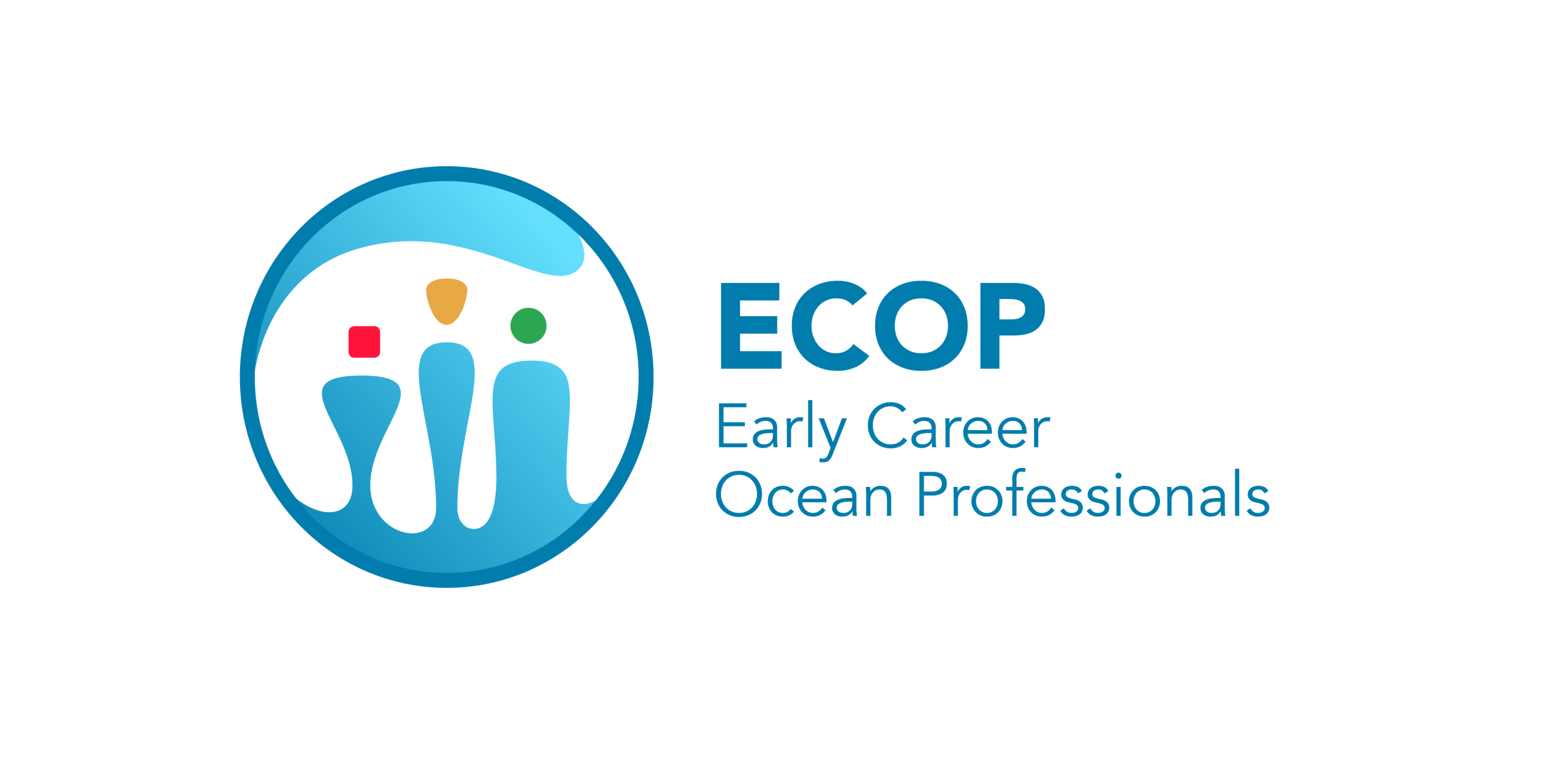 |
|
Fishing Vessel Ocean Observing Network (FVON) |
The Fishing Vessel Ocean Observing Network (FVON) is an initiative led by the Ocean Data Network, aiming to enhance ocean observation by leveraging commercial fishing vessels as platforms for collecting oceanographic data. This approach seeks to fill data gaps in coastal and shelf regions, complementing existing global observing networks. Through the NANO network, POGO has supported establishment of pilot sites for FVON in Ghana, Tanzania and Bangladesh. |
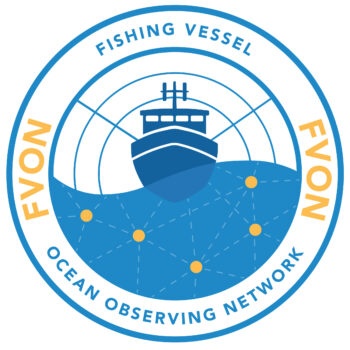 |
|
Global Ocean Acidification Observing Network (GOA-ON) |
POGO works closely with GOA-ON, particularly on capacity development in West Africa. POGO supported the BIOTTA Working Group from 2020 to 2024, to develop capacity for ocean acidification monitoring around the Gulf of Guinea. The WG attracted significant funding from The Ocean Foundation to purchase GOA-ON-in-a-box kits for several BIOTTA partners to establish routine OA monitoring in their countries. |
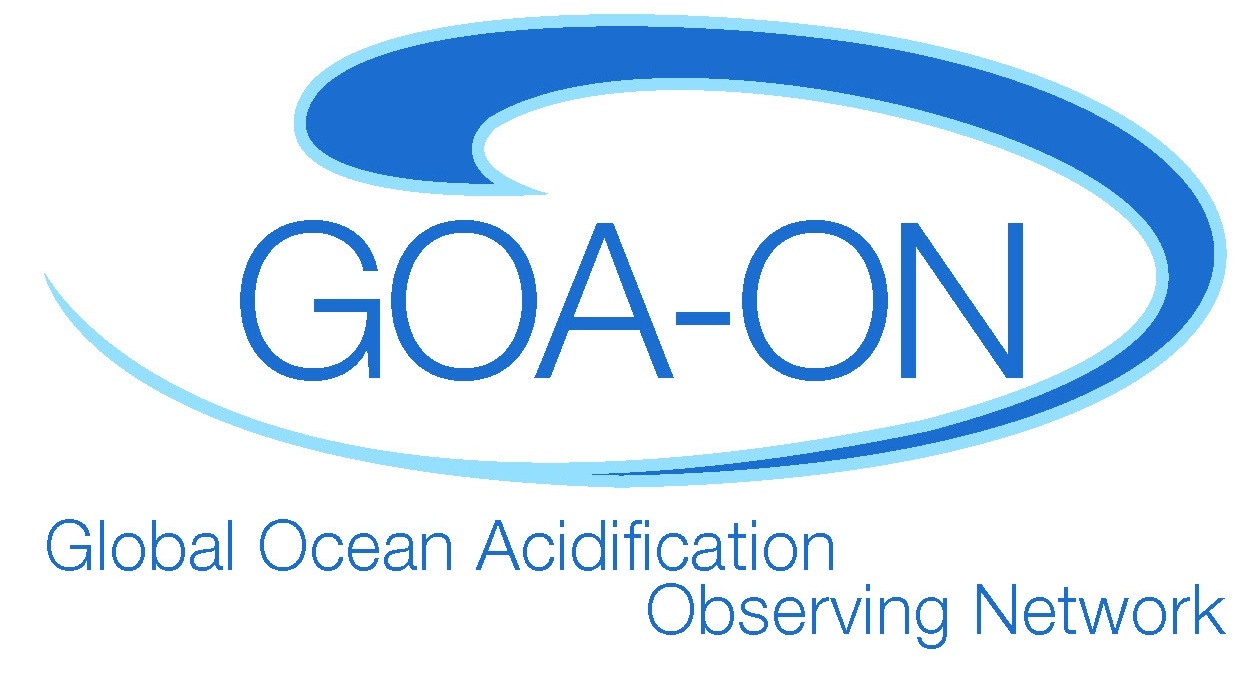 |
|
Marine Biodiversity Observation Network (MBON) |
POGO and its programmes OBON and IQOE contribute to the MBON-GOOS work to develop and implement Biological and Ecosystem EOVs – in particular, the contributions of biomolecular and ocean sound observations to the EOV framework. POGO is also contributing to the development of a higher education curriculum on Data for Ocean Biodiversity Observing and Capacity Development, led by the WMU – Sasakawa Global Ocean Institute, MBON, and the Atlantic Integrated Research (AIR) Centre. POGO also partners with MBON on joint side-events, together with MarineLife 2030. |
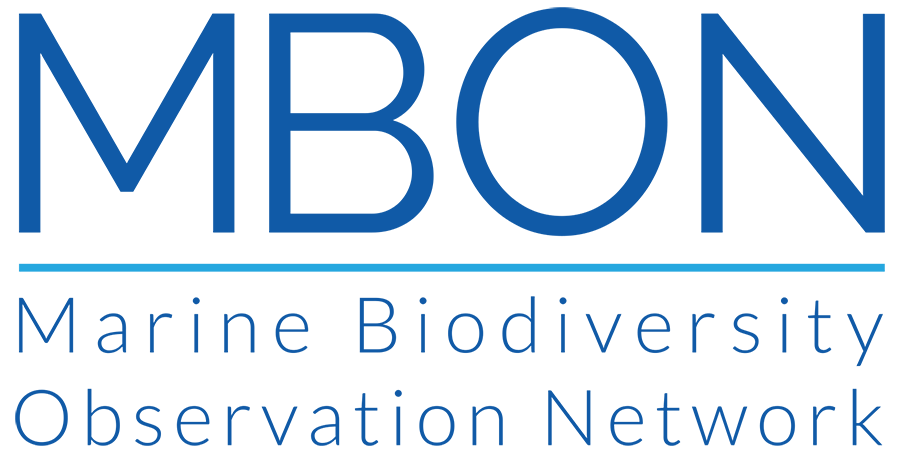 |
 |
MarineLife 2030 |
Marine Life 2030 is a UN Ocean Decade Endorsed Programme that seeks to transform the observation and forecasting of marine life for the future for the benefit of all people. POGO collaborates with MarineLife 2030, particularly through joint initiatives held between OBON and MarineLife 2030 in the context of the UN Ocean Decade. Examples have included joint sessions and side-events at the 2024 Ocean Decade Conference and CBD COP16. |
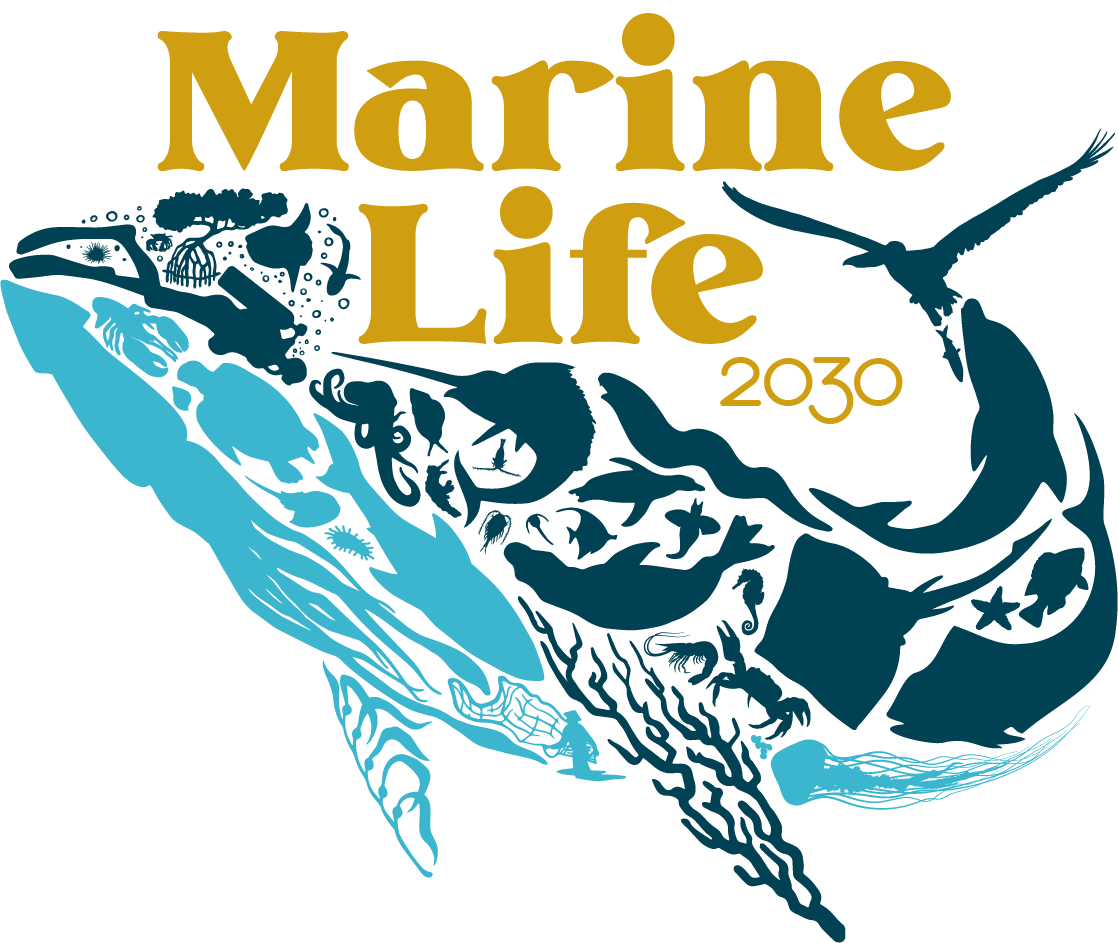 |
 |
Ocean Best Practices |
The Ocean Best Practices System (OBPS) is a global initiative aimed at improving and standardising practices for collecting, analysing and sharing ocean data and information. POGO has participated in both in-person and virtual OBPS workshops, and organised sessions on shipboard training and Arctic data systems. The POGO-supported initiative SEAGRASS also organised a session at a virtual OBPS workshop. |
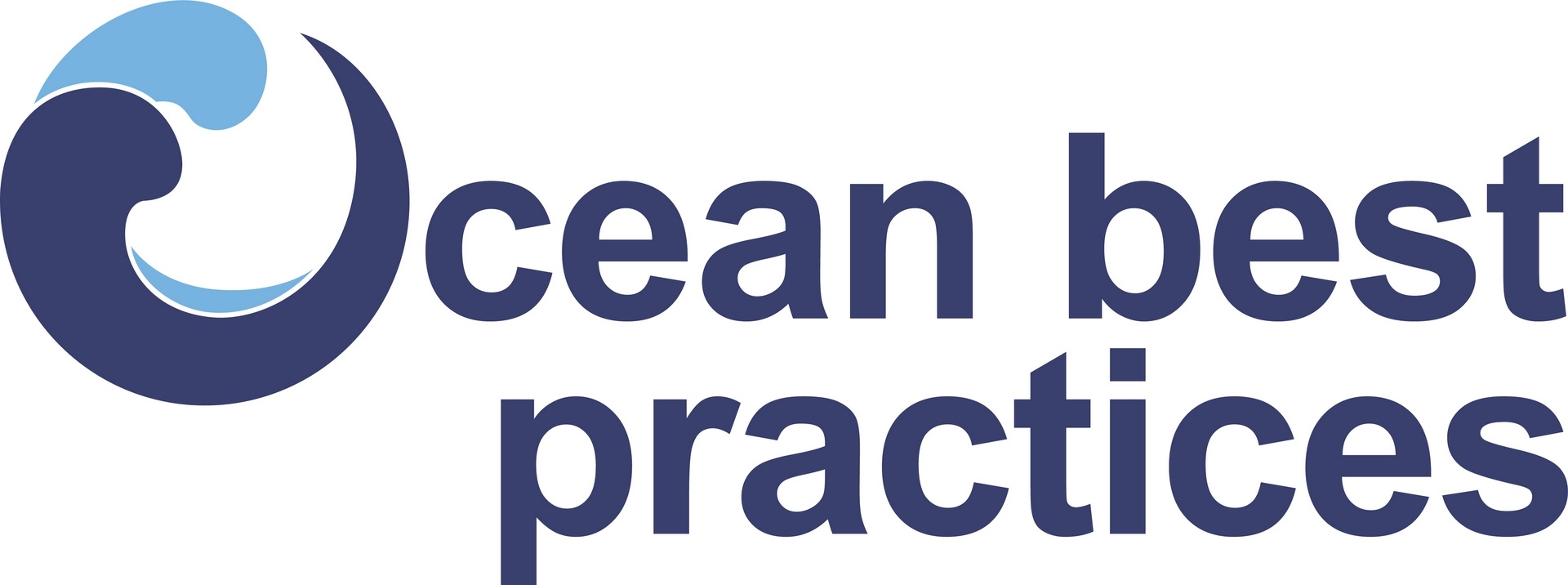 |
|
Ocean Census |
The Ocean Census is a global mission to discover, document, and share the diversity of life in our ocean. The Ocean Census is co-founded by The Nippon Foundation and Nekton, and an endorsed Programme of the UN Ocean Decade. The Census is jointly undertaken by national and philanthropic marine institutes, museums and universities, backed by governments, philanthropy, business and civil society partners. POGO’s UN Ocean Decade Programme OBON has been meeting with the Ocean Census leadership since the programme’s endorsement to discuss how the two programmes can contribute to one another’s goals. |
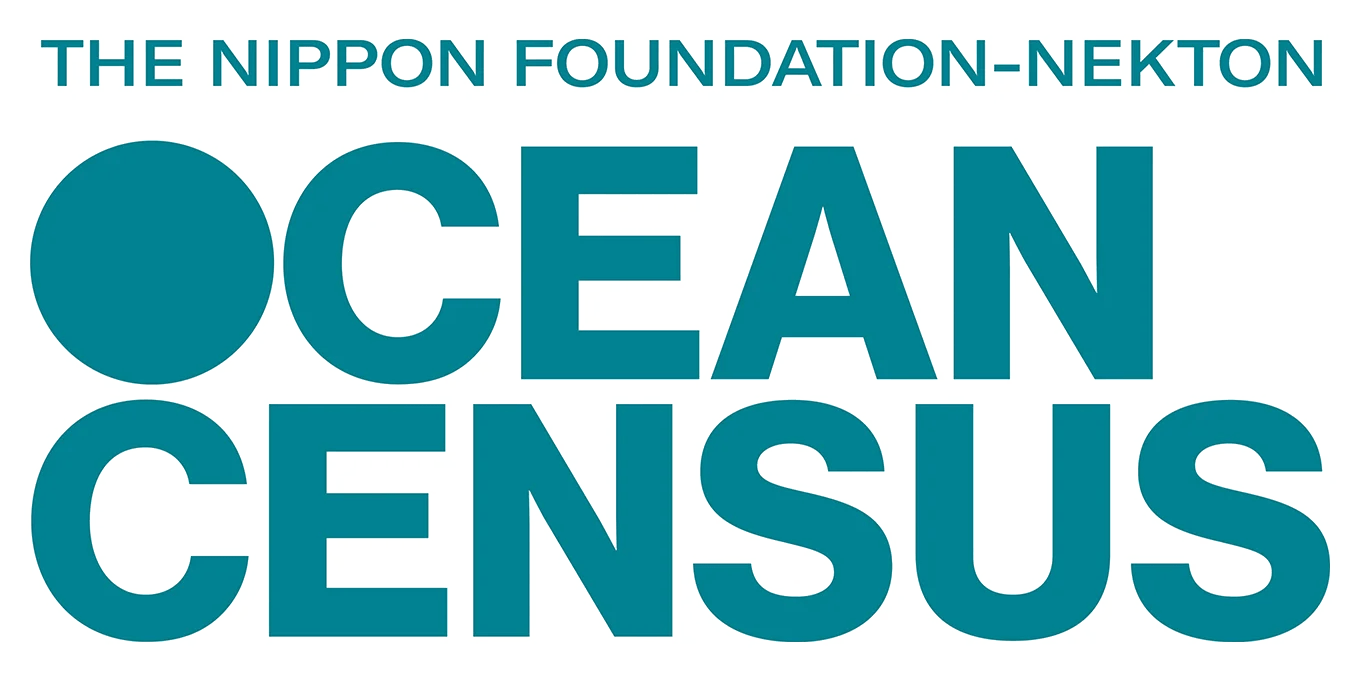 |
|
Seabed 2030 |
The Nippon Foundation and GEBCO formed Seabed 2030 as an ambitious call to action for humanity to mobilise and accelerate efforts to produce a definitive map of our ocean by 2030 and make it available to all. Seabed 2030 is a programme endorsed by the UN Ocean Decade. Discussions between POGO and Seabed 2030 have focused on enhancing POGO members’ contributions of data to the global mapping effort, and capacity development. |
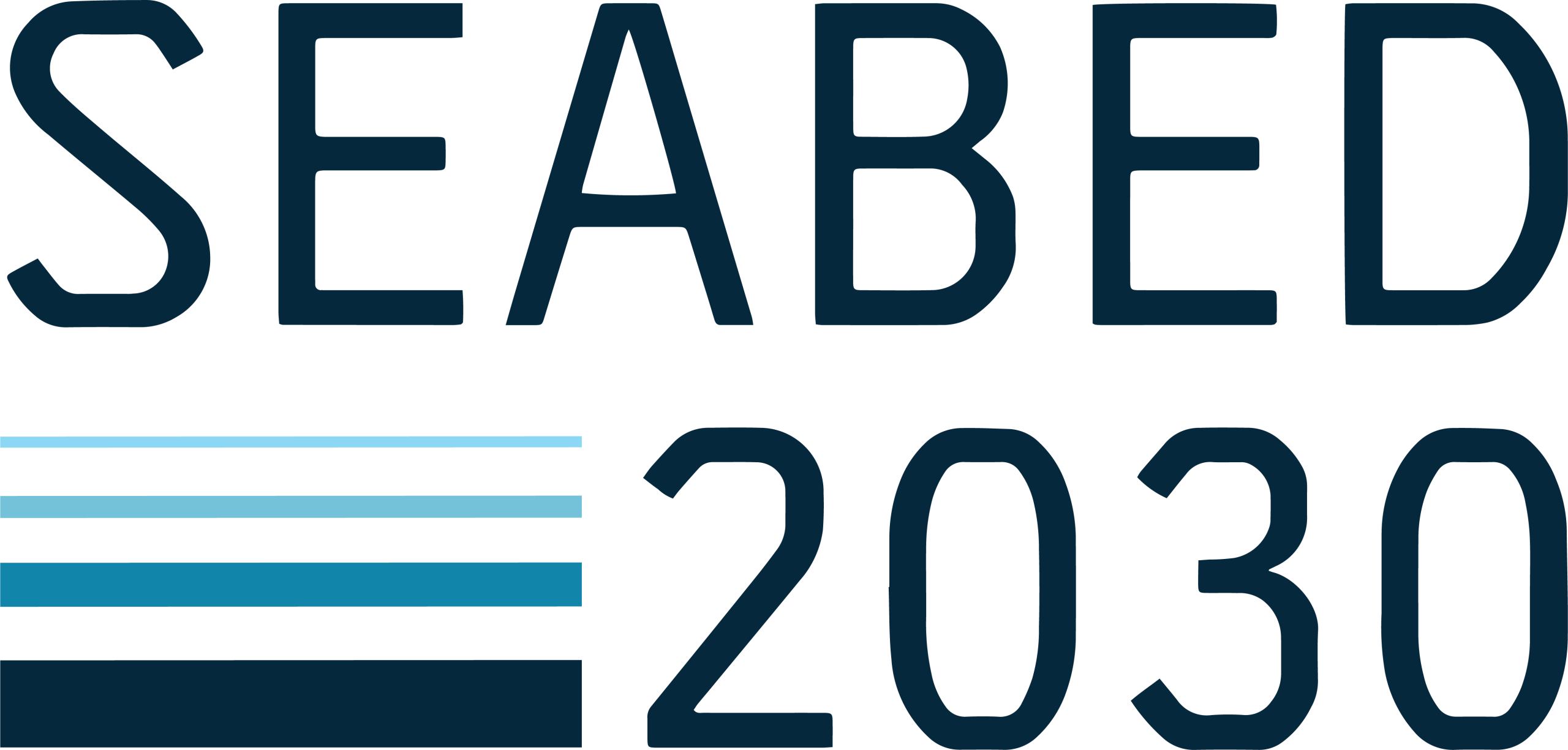 |

